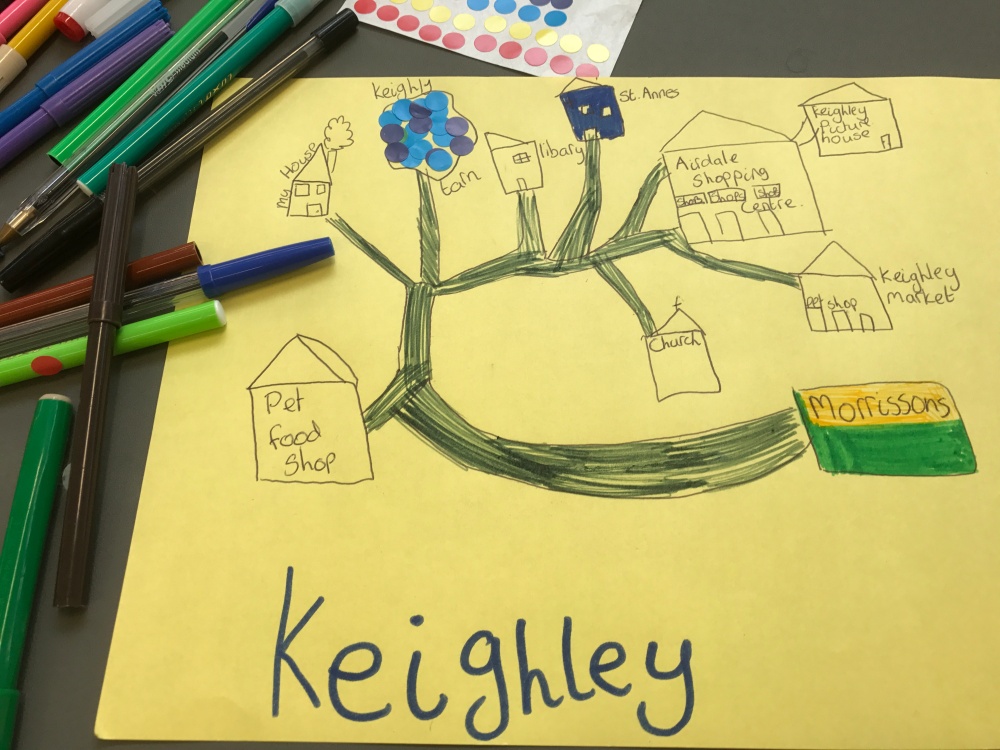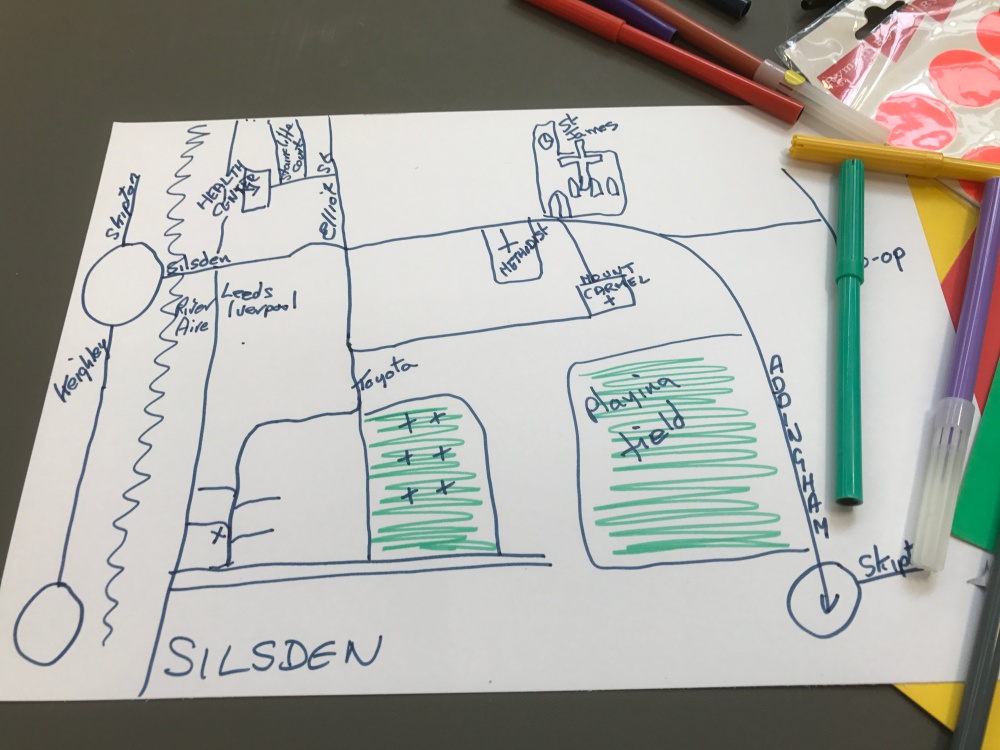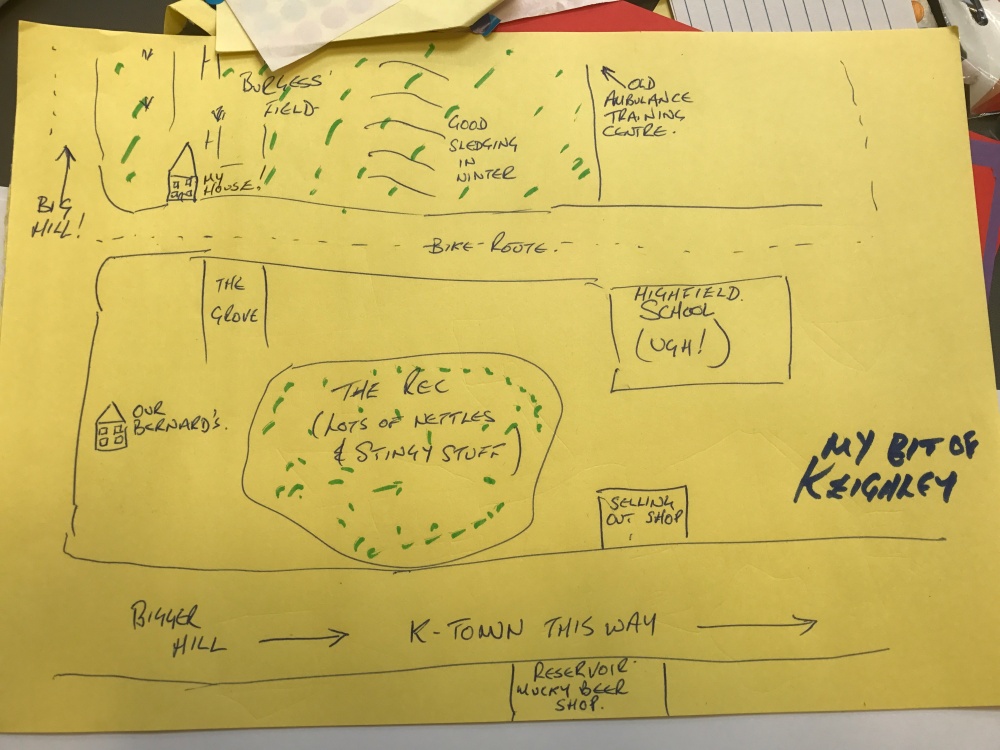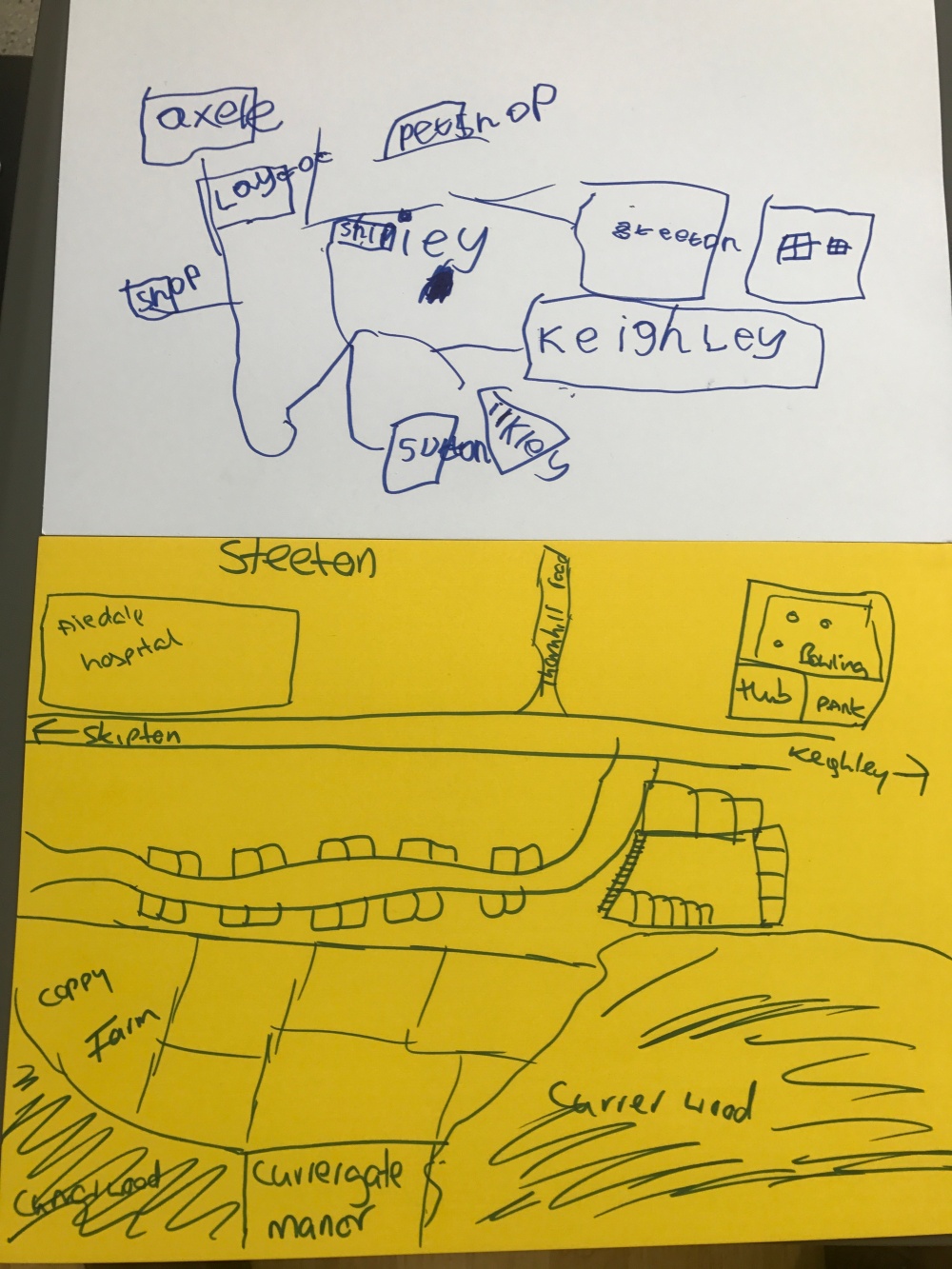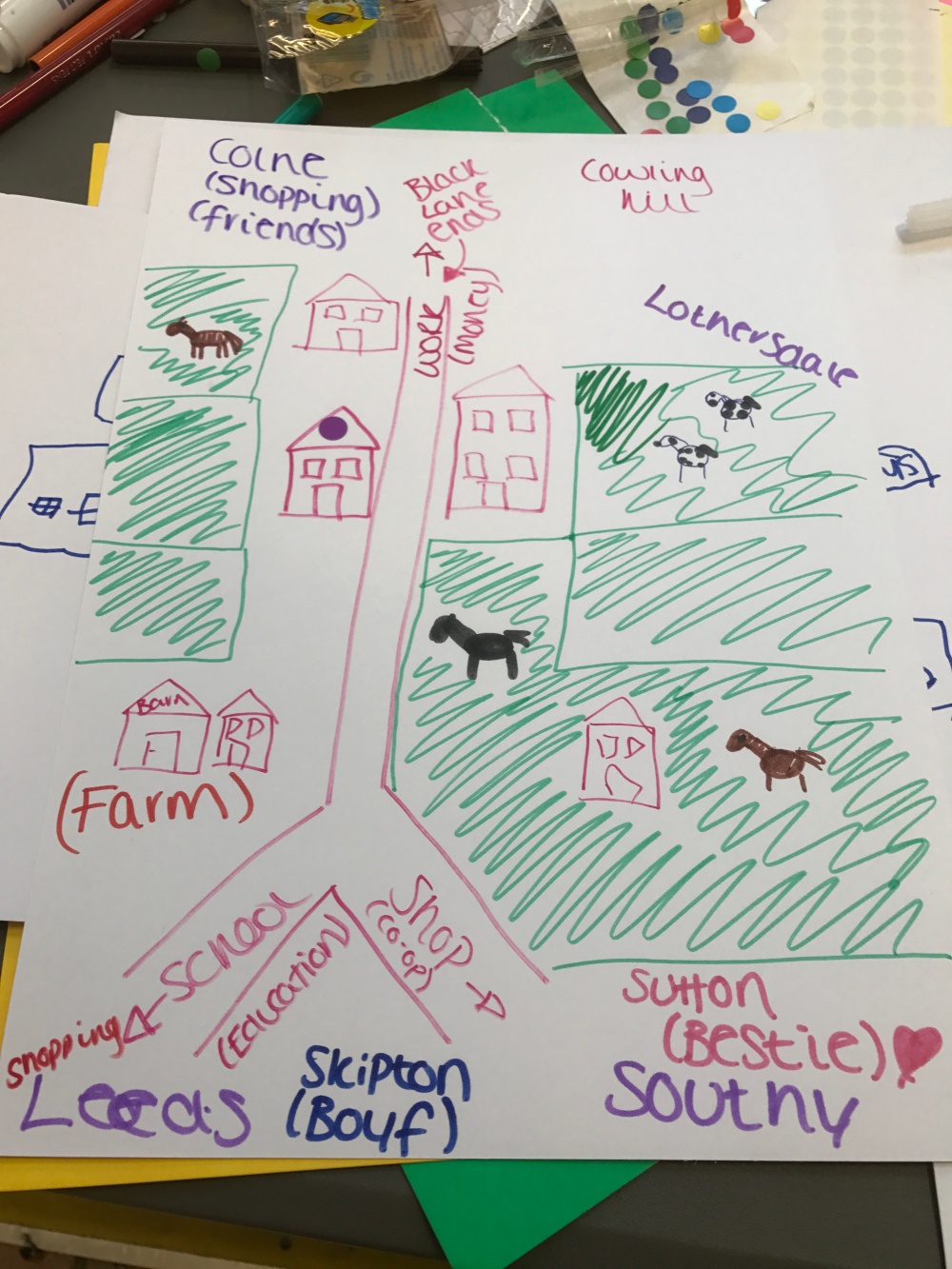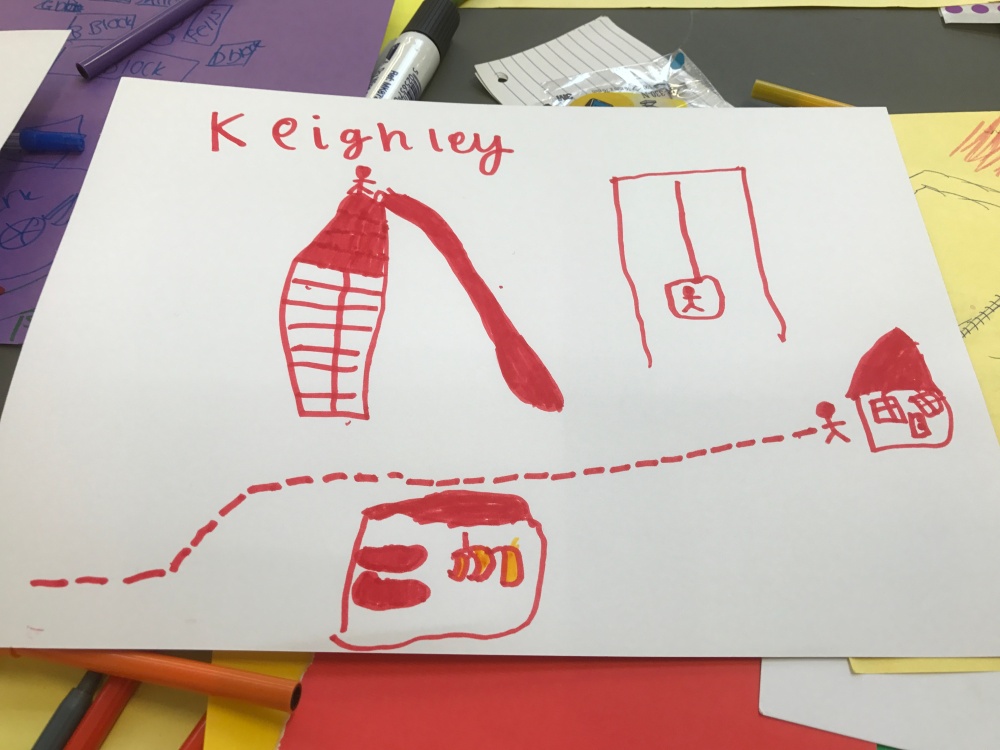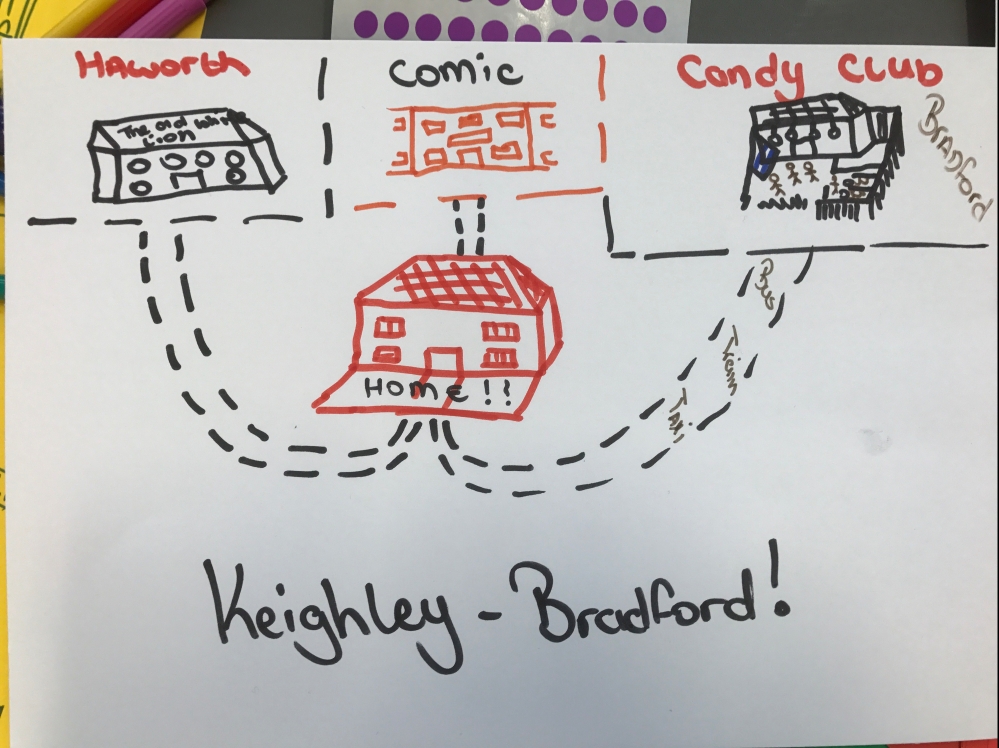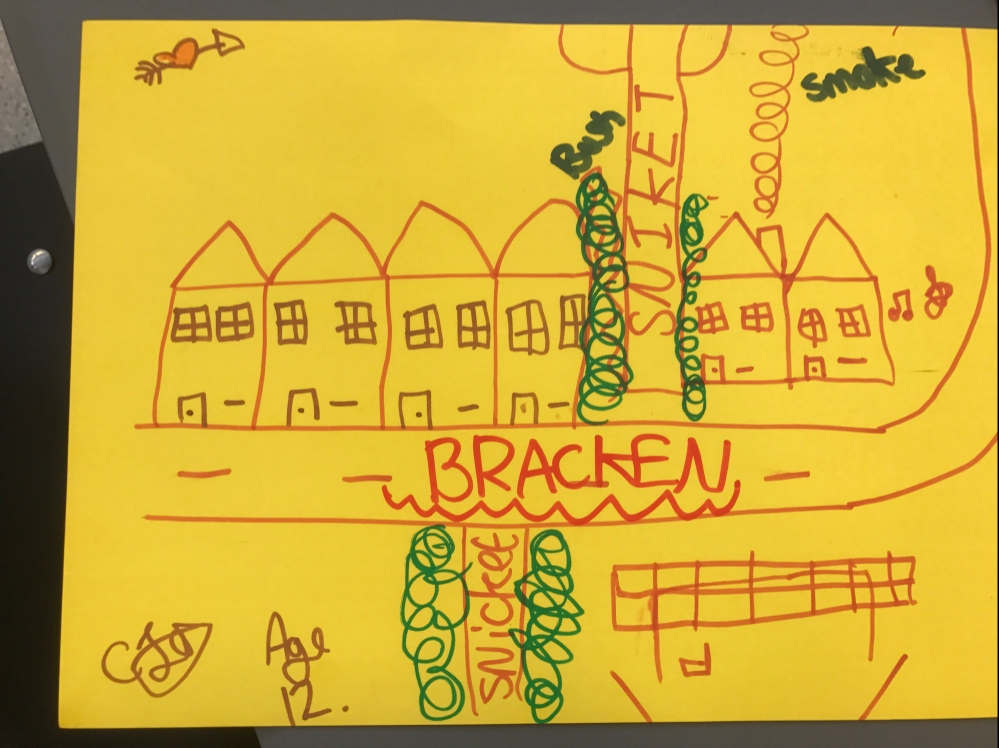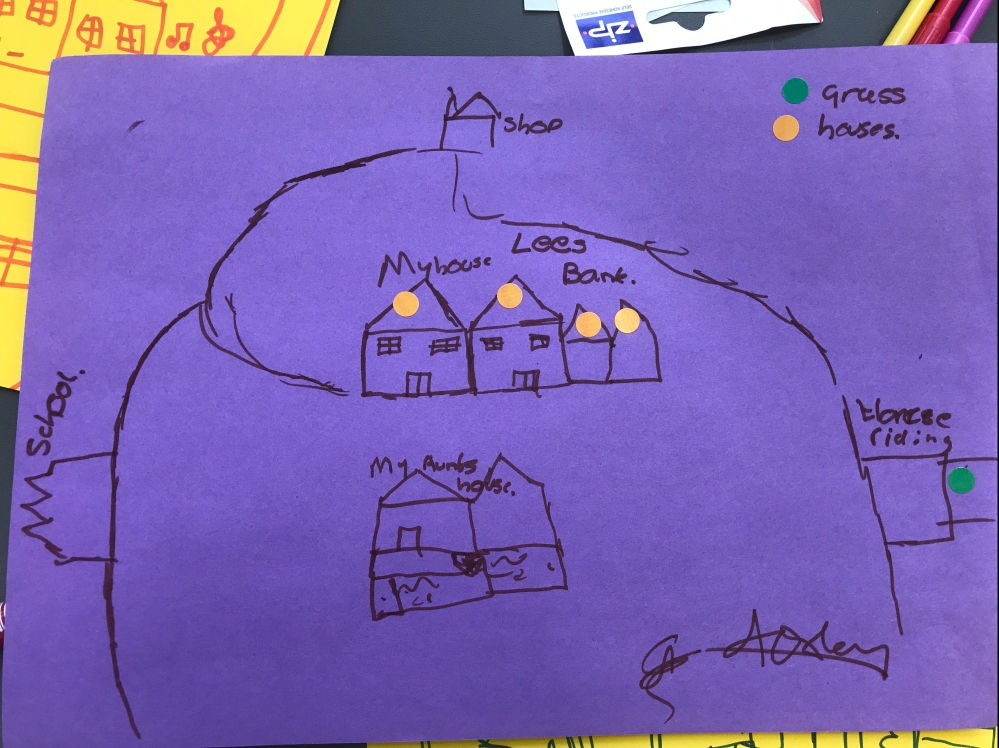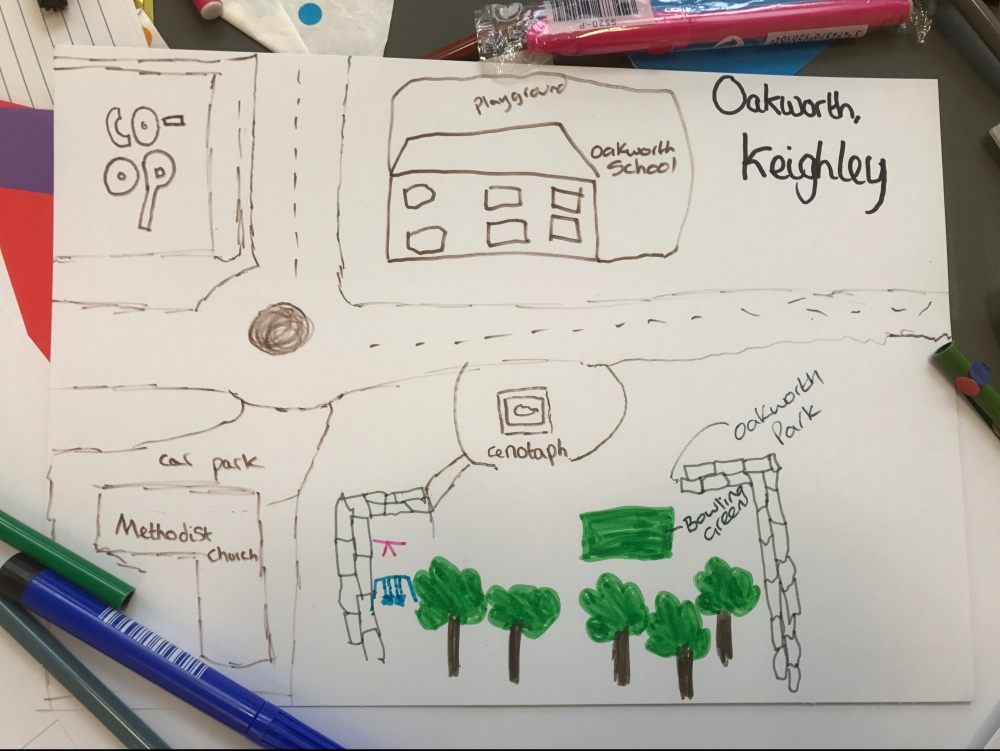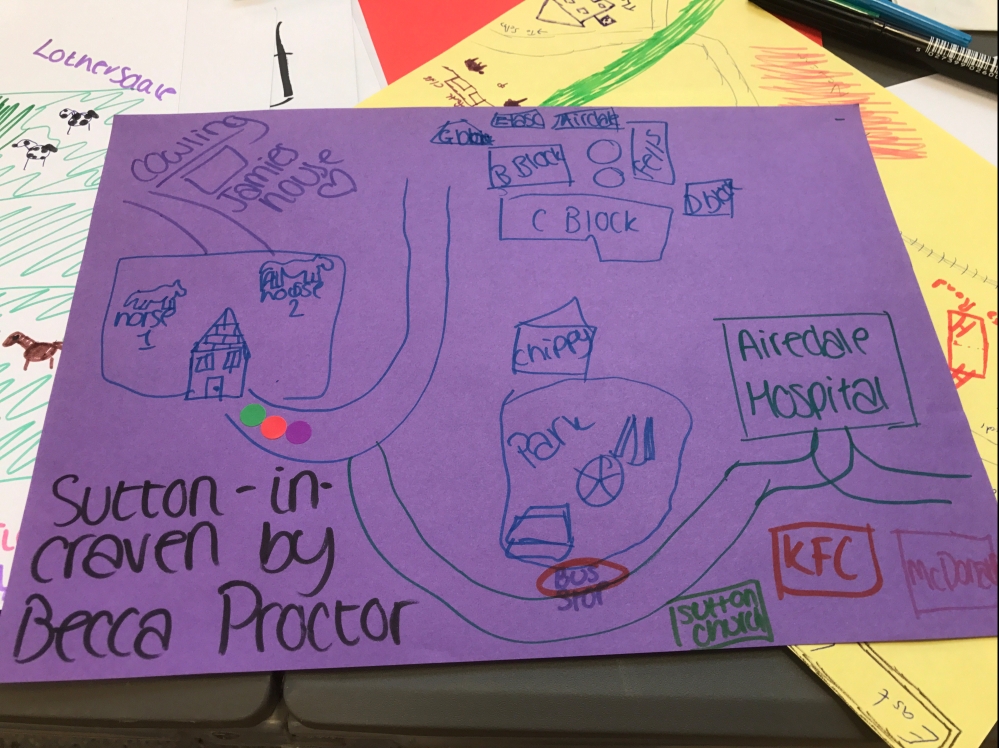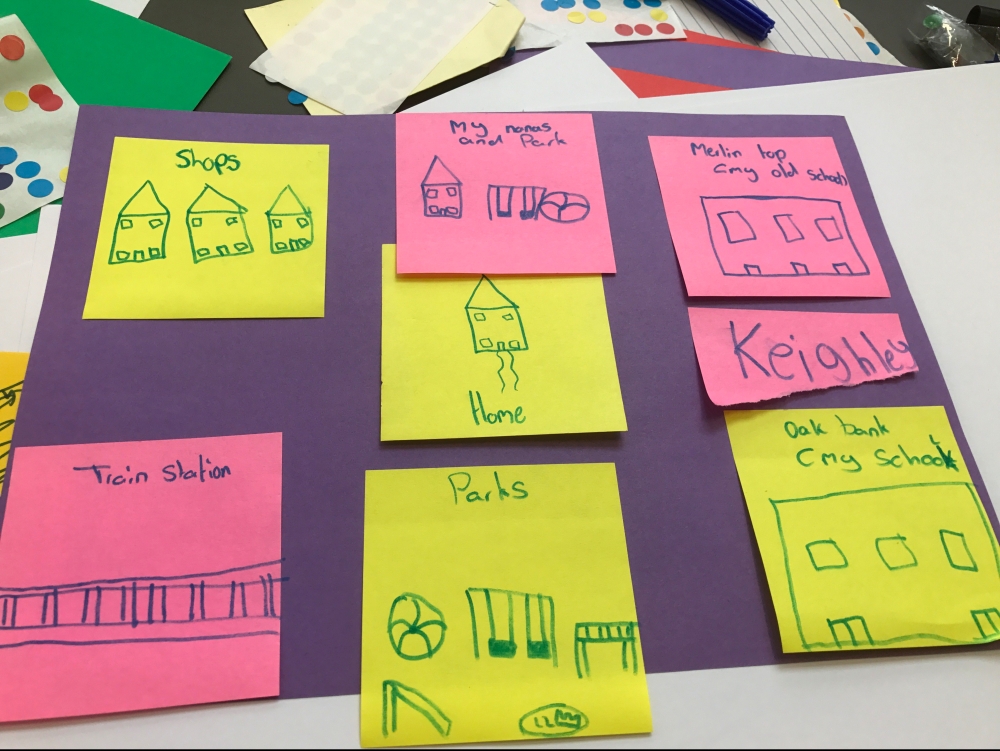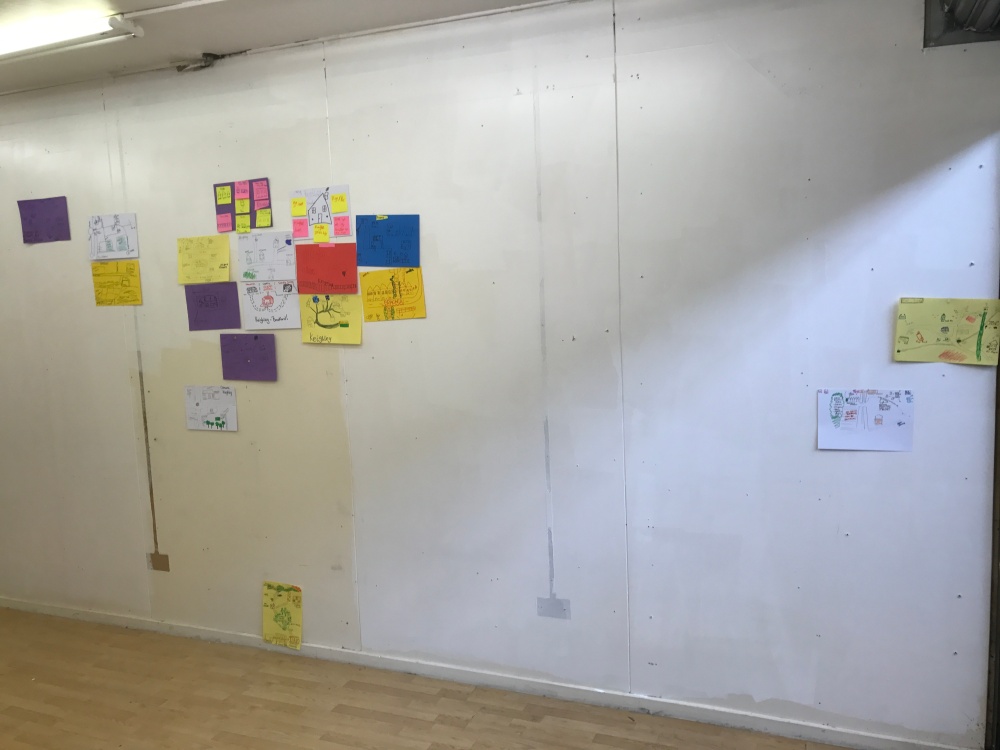Devolution. City Deals. Northern Powerhouse. What does this even mean to the average person on the street? Devolution probably reminds most people of Charles Darwin. If not, then it’s something to do with Scotland. City Deals just sound like business as usual. The Northern Powerhouse may be a funk band. If somehow all these big words are about the future of Northern England’s society and economy, about its transport and education and health system, about power and control vis-à-vis Whitehall bureaucracy and the whims of national government, about jobs and infrastructure and other areas where we are spending and raise tax money, then we should be talking about something else. We should be talking about regional democracy – a mechanism to build better systems to support our lives, communities and industries through more democratic governance.
From the beginning, it seems that both the term ‘devolution’ and the processes behind it – in contrast to the more bottom up approach in Scotland – have been conceived by and for Oxbridge politicians, local authorities and suited-and-booted business representatives. This has served to exclude and disengage the public, as the agenda is often seen and perceived as something remote from our daily lives. Indeed, it is fair to say that a lot of citizens have never even heard about the Northern Powerhouse, City Deals or devolution.
Like too many things in this country, these are policies conjured up in the corridors of Westminster, in local authorities’ offices, behind closed doors, or at exclusive events attended by the few. Imagine: attending the ‘Northern Powerhouse Conference’ held in February 2016, costing only £450: a real bargain for a programme which focussed only on business, with no inputs from civil society and third sector organisations, minority groups, or young voices.
Beyond this, the way in which City Deals have been put on the agenda seems only to reinforce the idea that devolution in the North has little to do with democracy, and more with the needs and wills of politicians. Indeed, none of the Deals that have been signed so far in Northern city regions such as Greater Manchester and Sheffield have been involved in any real process of consultation with the public from the outset. Of the elites, by the elites, for the elites, one would be tempted to dare say.
So who constructs the discourse of devolution in the North? How can citizens have a voice or exercise their power to decide what future they want for their localities and regions when decisions are made in the corridors of power?
It is hard not to feel disillusioned when comparing England’s experiences of devolution to Scotland’s democratic resurgence. Regardless of how one feels about the subject of the Indyref vote, it was a huge victory for democracy. People on both sides got engaged, got involved, and the politics, process and ideas were better for it. So rather than wallow in yet another critique of devolution, our question is how do we turn the devolution agenda into an opportunity to develop a real system of regional democracy? How can it be moulded into something positive, inclusive and hopeful? How can this moment be used to mobilise people of all backgrounds to be part of a movement to change England’s North for the better?
Step 1: Stop talking devolution, start talking about the issues
The first step in this direction is to change the ‘power-and-economy-obsessed’ discourse of devolution in the North, and focus instead on everyday lives. Devolution should not be just an empty word used by politicians in speeches or manifestos. It should not be framed simply as a way to achieve economic development. It should not be only about passing responsibilities (short of matching funding) down from the central government to the local or regional level. It should be about how to turn all these narratives into action, and figure out how the emerging new systems of governance could be used to improve people’s lives.
Thus, devolution must be reframed into something that is interesting and important to people on the ground and relates to their daily struggles, hopes, frustrations and dreams. We need devolution only if it is actually and directly connected to issues that matter to citizens. We need a system of regional democracy that brings better transport, education, housing, jobs, health care and strengthens communities rather than depriving them of their voices.
Part of the problem with devolution is that each of these systems is different. Instead of focusing on whether power should be given to Yorkshire or West Yorkshire or this council or that, we need to focus on the things that matter. Transport is not housing, health care is not education. There is no perfect geography for all of these systems, and they don’t need to be the same geography for everything. We recognise this already – Transport for the North has been set up because transport needs large-scale thinking, but this is often left outside the devolution conversation, even though it is ‘devolution’. Certain things are better done at the council level, and in some cases – as with aspects of housing, or local economic development, or care – we need to be thinking about pushing power down to districts and neighbourhoods.
Regional democracy is about bringing together all of the actors – government, third sector, private industry, regular citizens – that are capable of contributing to a more sustainable, economically efficient and socially just systems that can provide these key services, regardless of scale. We need to keep our eyes on the prize, in this case better governance for better lives.
Step 2: Stop talking to each other, start talking with everyone else
If we are truly devolving power to local people, where are the people? Charities and the third sector have been almost entirely excluded. Grassroots groups have been ignored. Minority groups, communities of colour, young people – not at the table. From the beginning, there has been a politics of division and neglect – dividing rural voters from urban ones or squabbling between northern local authorities, or everyone from the political elite doing their best to either ignore outside voices or proclaim their own powerlessness in the face of Whitehall and Osborne. This is not to say that local authorities in the North are to be ‘blamed and shamed’. They have been between a rock and hard place, with the government snapping at their heels, all the way through the process that led to City Deals, and in the end they did what they had to do: accept what was on offer, so as to avoid their cities and economies falling further behind the rest of the country. However, at the end of the day, in order to work the new structures that will emerge from the Deals (including elected City Region mayors) will have to take root in the local communities, and have the people behind them—at the polls in local and city region elections; but also on a daily basis. Local politics could, and should, play a key part in this, as an agent of change—but to achieve such a goal local authorities need to turn their attention not only to what the government wants, but also to their citizens’ voices. In many ways, last week’s local elections were a warning, shining light on how a continuing disconnect at local level could undermine the whole devolution agenda from within.
So we need more people involved, not because it is more just, or out of fairness, but because it is the only way to make sure the new processes actually function in the long term, and regional democracy – and the systems and communities it is supposed to improve – becomes a reality rather than a dream. Changing the North can’t be done without the people who live and work there getting involved and participating in such a process. We need organizations and institutions to come together and imagine a new style of politics, one which is pluralist and inclusive, and trusts and empowers communities. We need to engage young people, working people and communities of colour in new and exciting ways. The real ‘revolution’ of devolution as a means to achieve regional democracy ultimately rests in this, and not in the politics of catchphrases heralded by the Chancellor.
Step 3: Have the courage to believe in regional democracy
It is too easy to be cynical, but all cynicism does is turn the fear of the elite not delivering on promises into an inevitable reality. Instead, we need to take progressive steps to ensure that we are the start of a community-wide movement. Public pressure is one of the most effective ways to change policy, yet this is feeble at the moment. The key here is to spark the interest of citizens, and use that genuine interest as a catalyst for bottom-up regional democracy, bringing people closer to politics.
This is the biggest challenge ahead – especially because, in times of austerity, citizens tend to disengage from, turn against and blame politics. We must instead insist on and develop a new style of engagement that is not couched in easy anti-politics motifs, but builds from the grassroots upwards and seeks to challenge dominant assumptions – speaking to and connecting with the diverse and rich communities of the North, and insisting that a regional democracy which develops new forms of governance for better regional and local systems is possible.
All of us, as people living and working in the North of England, have to take responsibility for making this happen. We have to act together in any and all capacities that we can, whether as grassroots groups, community organizations, charities, unions, activists, universities and, most of all, as citizens, without asking for permission or waiting for public funding. This is not an easy task. But it’s not impossible either – just think about the work of the Scottish Constitutional Convention back in the 1980-90s, the democratic thrust generated by the referendum, all the impossible that became the possible. Our demands and needs and communities are different, but looking north of the border should be a source of inspiration to build on, rather than just of wishful thinking. Regional democracy has to start somewhere.
This is a collaborative piece jointly authored by Yorkshire residents Leila Taleb, Arianna Giovannini, Andrew Wilson, Alex Schafran and Ian Martin.
A version of this article also appears on the Open Democracy and Oxpol websites.

